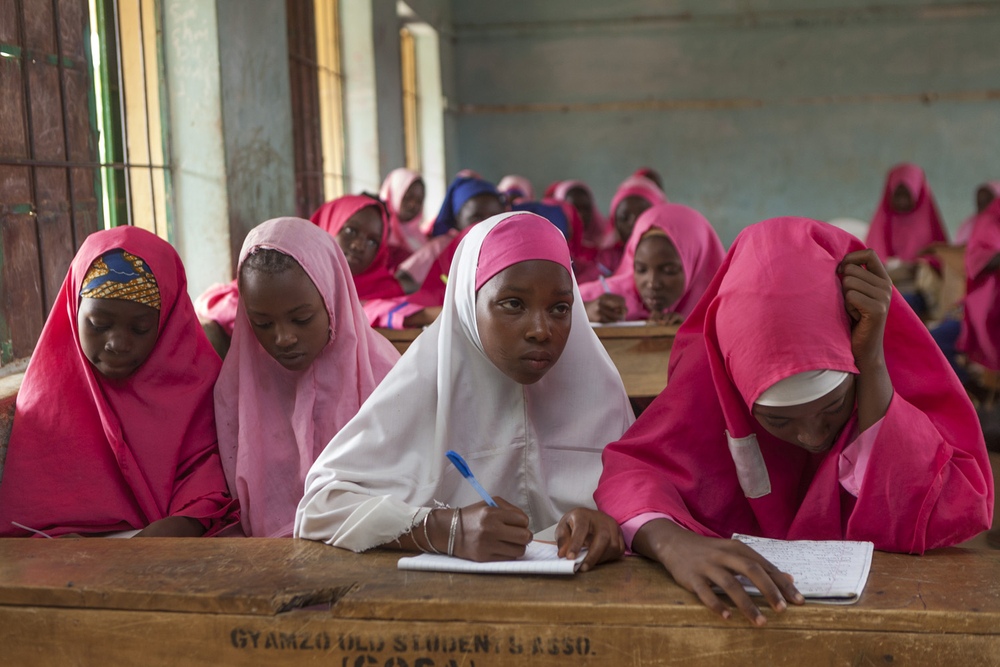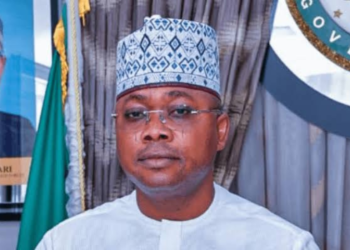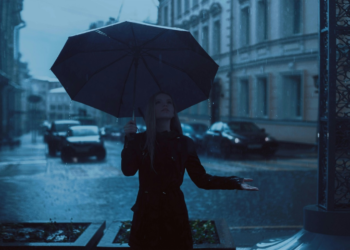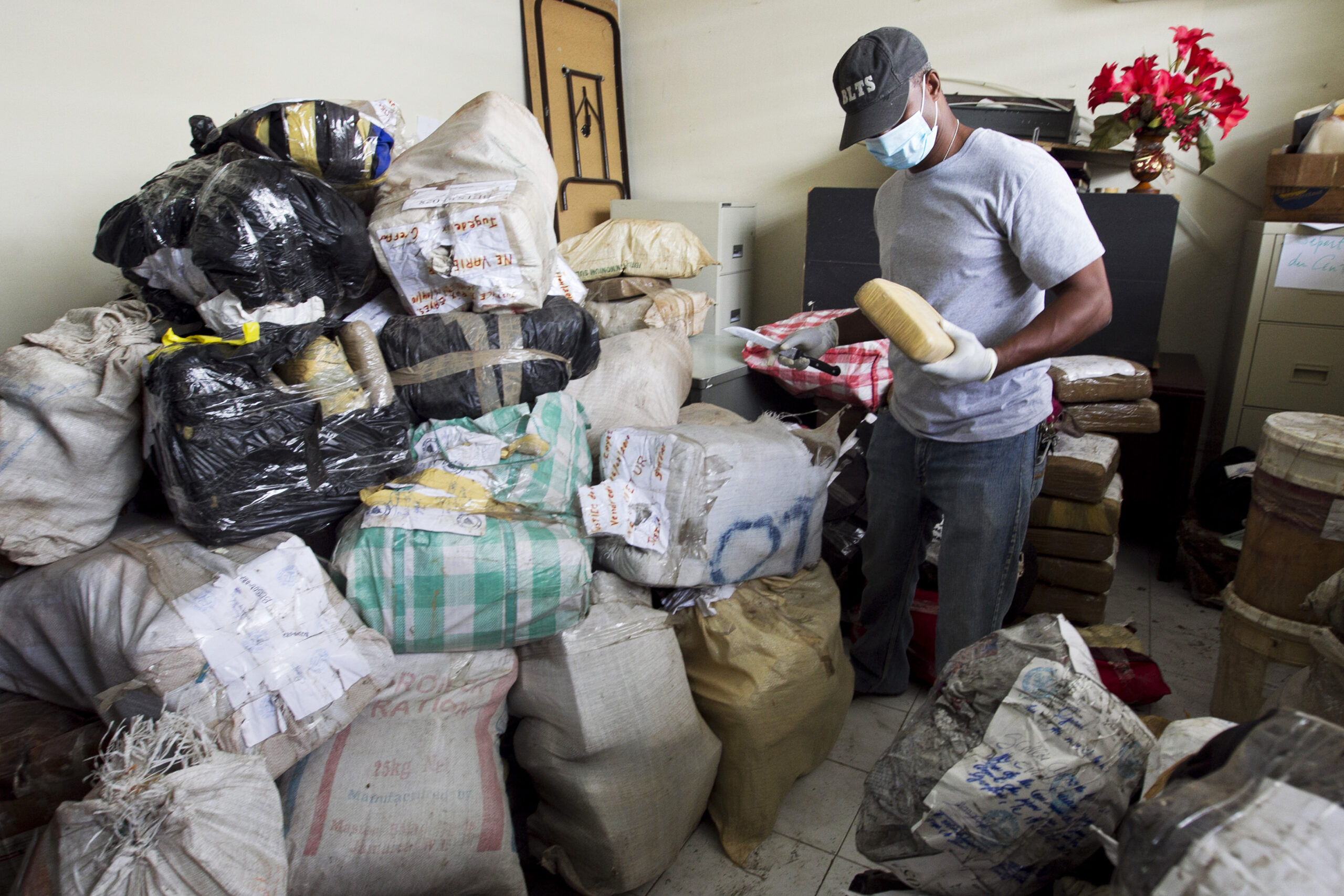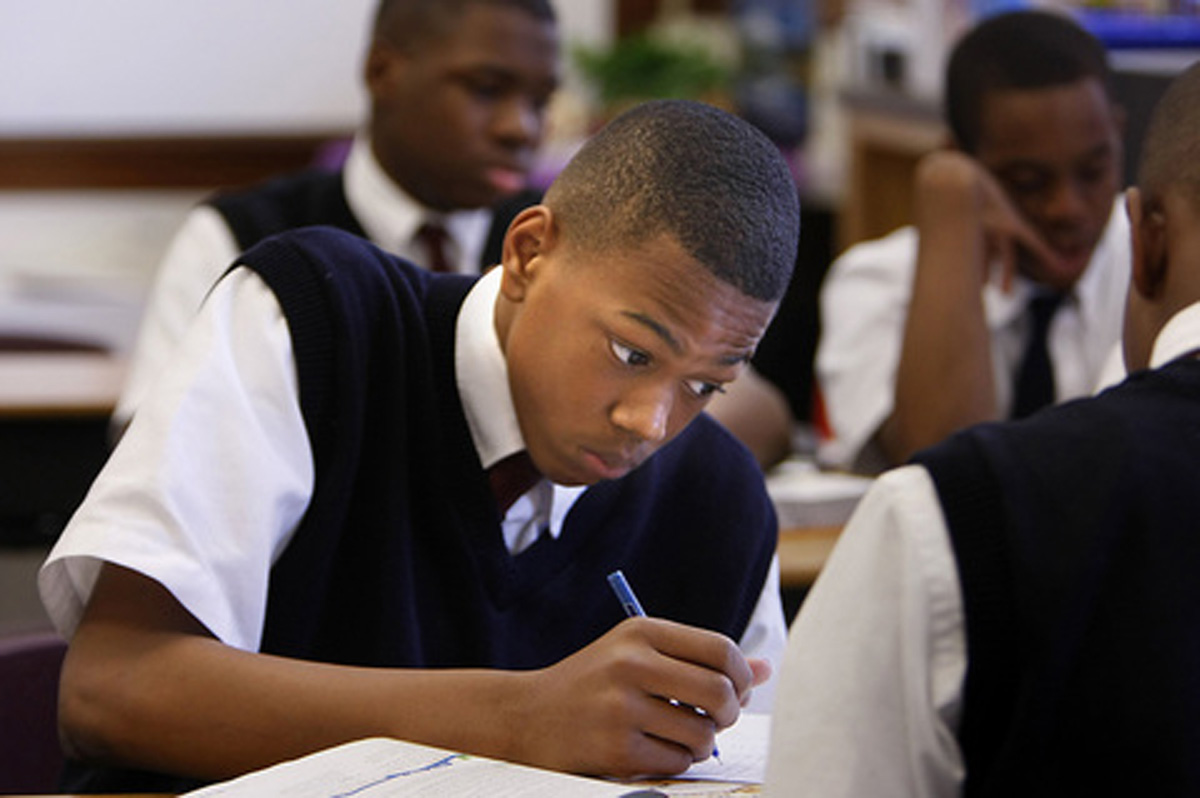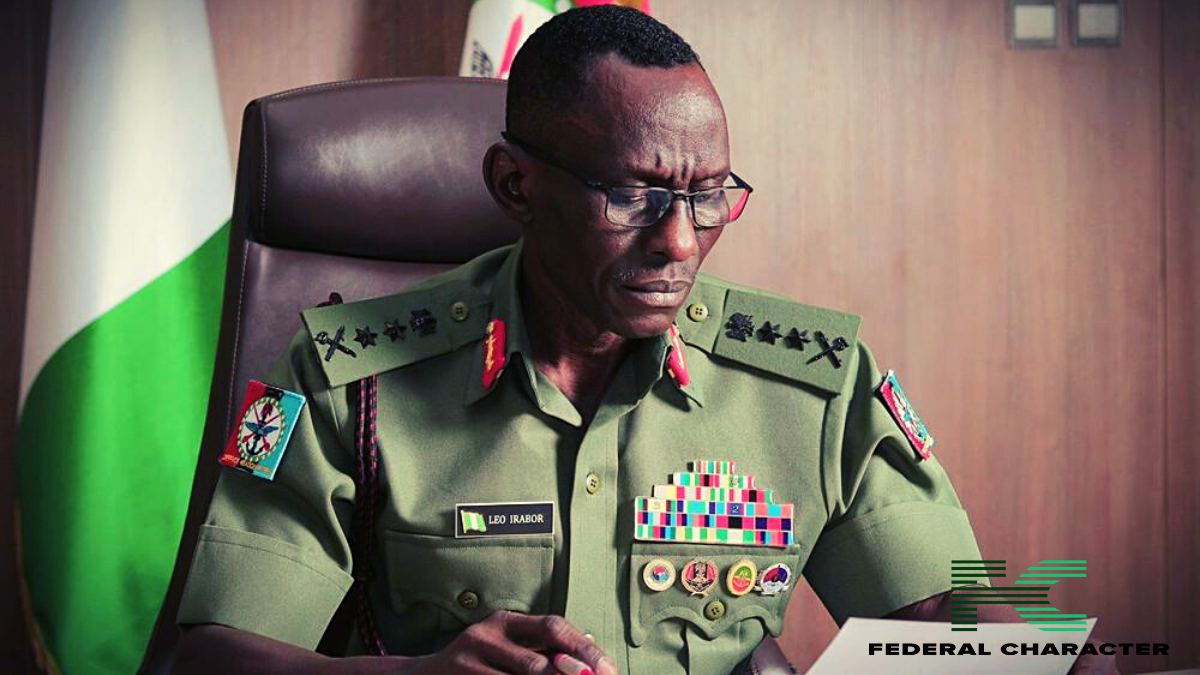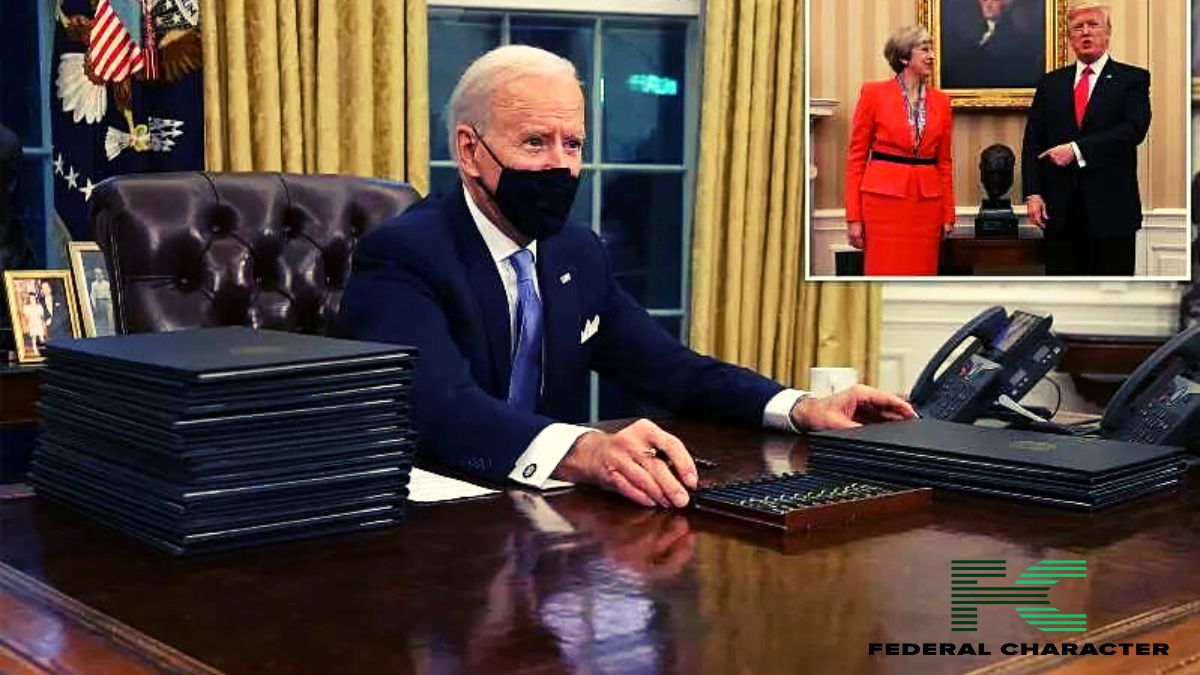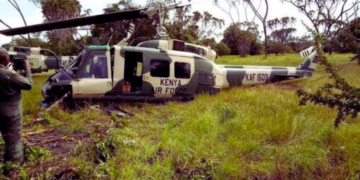On paper, Nigeria is a secular state. Its secularity, however, is a formality considering how polarised the country has been in recent times. As enshrined in Article 38 of the 1999 Nigerian Constitution, freedom of religion and conscience is provided for all Nigerian citizens, including the freedom to change one’s religion and freedom to worship, teach, practice, and observe one’s religion of choice.
The recent and current controversies over Hijab-wearing in Kwara State schools arguably owned by Christian Missionaries bring to fore how Nigeria being a secular state remains a mirage. Ethnicity, religion, tribe, and the likes are more pronounced than ever in Nigerian societies which consist of many ethnic groups, tribes, and languages.
The Kwara State Government had in February ordered the temporary closure of 10 grant-aided secondary schools in the state capital of Ilorin pending the resolution of the controversy in the schools.
The schools are C&S College, ST. Anthony College, ECWA School, Surulere Baptist Secondary School, Bishop Smith Secondary School, CAC Secondary School, St. Barnabas Secondary School, St. John School, St. Williams Secondary School and St. James Secondary School.

On Monday, March 08, 2021, the Kwara State Government announced that the schools should be reopened. This decision did not go down well with the Christian community; they vowed to protest. On Wednesday, March 17, 2021, violence did break out between Muslims and Christians and the schools were again shut.
The major religious groups – Islam & Christianity – are always at the centre of the tug.
On October 27, 1999, the then-governor of Nigeria’s Zamfara State, Ahmed Sani Yerima, made a mess of the Nigerian Constitution when he introduced the Islamic Law called Sharia. Eleven out of the nineteen states in northern Nigeria with majority Muslim populations, including Kano and Kaduna, followed suit. Nigeria had just returned to a democratic government after many years of military rule. President Olusegun Obasanjo, a Southern Nigeria Christian was the president.
There were protests over the declaration by the Governors of the states. Many Christians rejected the law they believed was inconsistent with the Nigeria Constitution. Riots broke out and lives were lost – both Christians and Muslims died.
Christians and Muslims in Nigeria have been at loggerheads and this is becoming more pronounced by the day. It was never this way. Muslims and Christians, especially in the Southern parts of the country used to live in harmony. In fact, among the Yorubas, a nuclear family could consist of Muslims and Christians yet, they would live in peace.
Covertly, the state actors perpetrate violations of Nigerian citizens’ rights to freedom of religion and belief while the non-state actors do same with some immunity. Christian communities in Kaduna state and civilians in the northeast of the country have witnessed and experienced, first-hand, egregious attacks from Islamic extremists.
Religion is one of the powerful tools deployed by power mongers to hold on to government. The led whose unity will spell doom for the oppressors are usually used as pawns to guarantee retention of power by politicians.
It is easy to situate the country’s shunted progress and economic growth to its religiosity. Though not official, Nigeria is everything but a secular state. We should make it official – Nigeria is either an Islamic or Christian State or both.
Without sounding partial, Christianity and Islam are not the problems of Nigeria but Christians and Muslims who allow themselves to be made each other’s enemies by their common enemies – the politicians.
Nigeria’s problem was compounded with the introduction of the Sharia Law in 1999. If Nigeria can separate religion from governance, it will be one of the best decisions that will place the country on the right path.
Why does a secular state interfere in how citizens live their spiritual life, that is the duty of the clergy? Interestingly, those who parade themselves as God’s deputy are seen living a life not in tandem with the fear of God.
There are more important issues to focus on in solving our collective problems than fighting over Hijab. Until the matter at the Supreme Court is decided, the Christian community needs to allow the government to decide how it wants the schools whose staff are under its payment roll to run.
In the name of God, the politicians smile to the bank while the people perish in penury.

